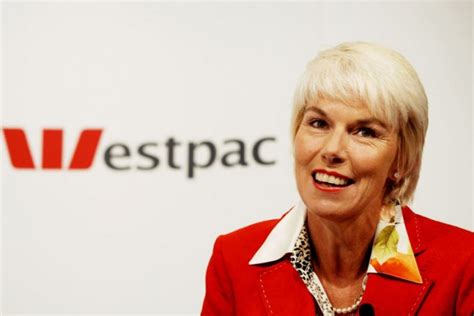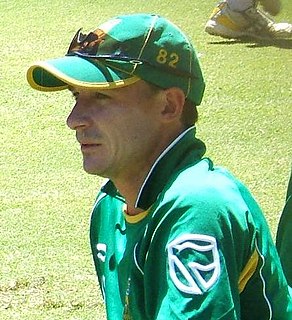A Quote by Kevin Pietersen
Leaving South Africa was very difficult.
Related Quotes
When I was in government, the South African economy was growing at 4.5% - 5%. But then came the global financial crisis of 2008/2009, and so the global economy shrunk. That hit South Africa very hard, because then the export markets shrunk, and that includes China, which has become one of the main trade partners with South Africa. Also, the slowdown in the Chinese economy affected South Africa. The result was that during that whole period, South Africa lost something like a million jobs because of external factors.
And now South Africa has finally woken up and it is doing great things. And if South Africa becomes the template to what AIDS is in the sub-Saharan continent, then all the other countries are going to follow suit. And Michel Sidibe, who spoke at the breakfast meeting this morning, was saying that there is so much hope for Africa now that South Africa has got its house in order.
We were land-based agrarian people from Africa. We were uprooted from Africa, and we spent 200 years developing our culture as black Americans. And then we left the South. We uprooted ourselves and attempted to transplant this culture to the pavements of the industrialized North. And it was a transplant that did not take. I think if we had stayed in the South, we would have been a stronger people. And because the connection between the South of the 20's, 30's and 40's has been broken, it's very difficult to understand who we are.





































